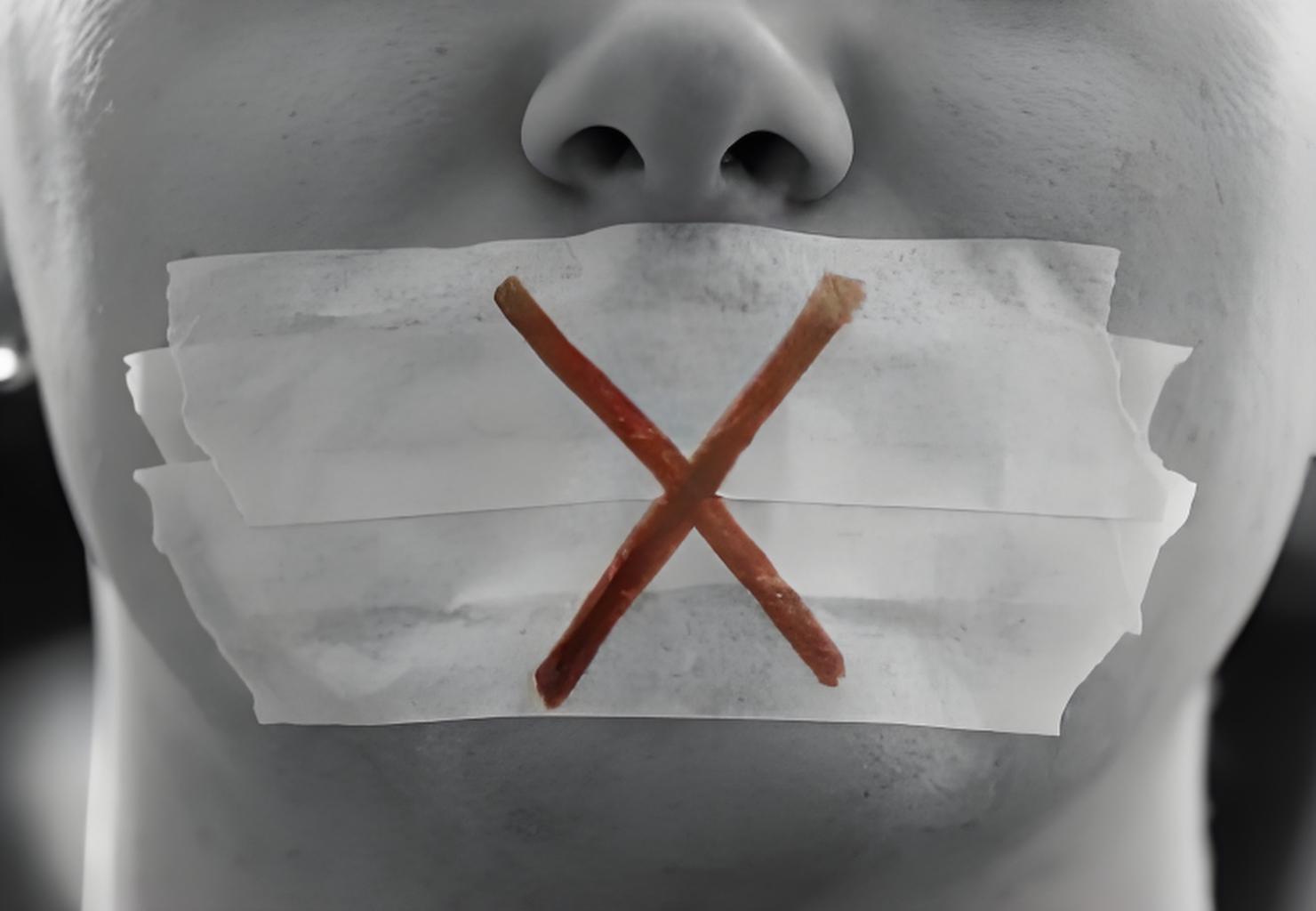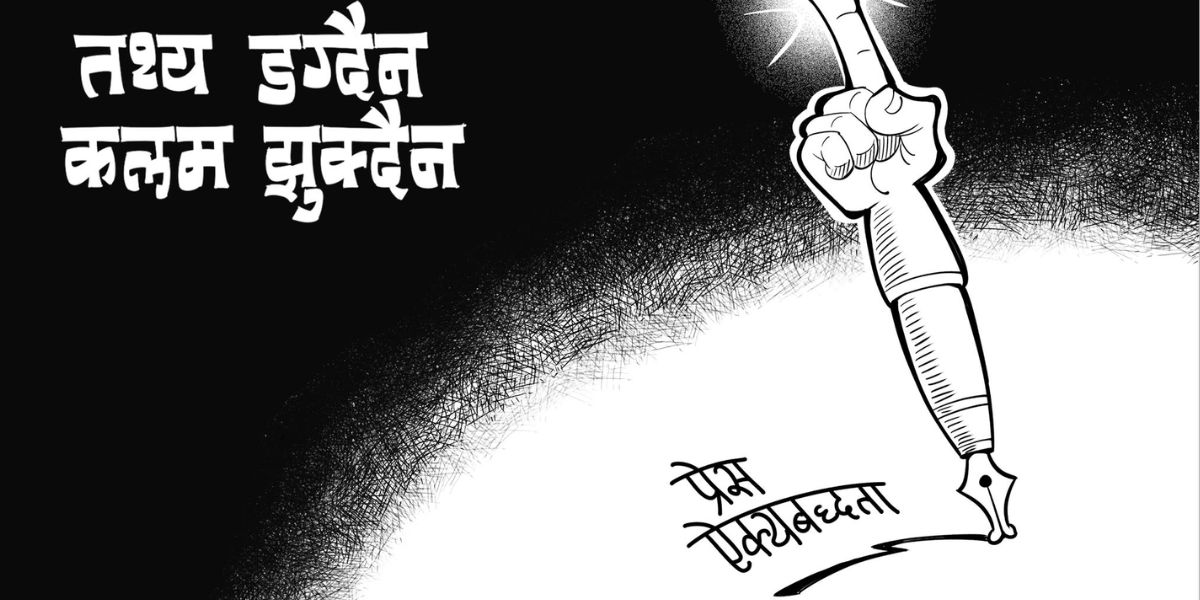Kathmandu, July 1: Freedom of expression is a fundamental pillar of democracy. Very preamble of Nepal’s constitution 2015 has finely mentioned ‘full freedom of press’, thereby encouraging atmosphere for free flow of information and journalists’ rights to free reporting.
The constitution has been lauded much for its progressive provisions to enforce federal democratic republic. In the wake of preparation going on to make laws to suit new system along with the digital disruption, stakeholders, however, have expressed concern over the legal provisions and ongoing efforts of restriction, urging all sides including parliament and government to respect press freedom.
In a progrmme organized with the support of Ministry of Communications and Information Technology in Kathmandu on Monday, the speakers from diverse sectors reminded freedom of expression is indispensable to democracy, so, they argued, controlling measures go against the system.
Rights activists, human rights defenders, journalists, filmmakers, judiciary members, and government representatives gathered to comprehensively assess “Press Freedom and Related Laws: Status and Way Forward” in the event organized by Freedom Forum.
In his presentation, advocate and Right to Information expert Sanjeeb Ghimire stated, “Freedom is by default, and restriction is the exception or purely based on certain condition when it comes to checking freedom of press.”
Nepal’s constitution, considered one of the most progressive documents in the world, guarantees freedom of opinion and expression as a fundamental right under Article 17 the Right to Freedom. This progressive legal framework establishes a strong basis for safeguarding these rights, he cited.
While the constitution allows for reasonable restrictions on freedom of expression, these provisions have often been ‘misused’ often to curtail free speech and press freedom, Ghimire expressed worry.
Moderating the session, Taranath Dahal, Executive Chief of Freedom Forum, reminded Nepal’s commitment to international human rights instruments and argued, “Right to freedom of expression and freedom of opinion, the fundamental rights guaranteed by our constitution and international human rights instrument, can not be curtailed.”
Senior advocate Dinesh Tripathi added, “If the media ignores its duties toward both its profession (journalistic ethics) and the citizens it serves, society will naturally reject or discredit it. That is why media should principally be self-regulated rather than face State control.”
“Media freedom is uncomfortable truth to those who assume public posts and they attempt to deny this truth,” he claimed, adding that criticism of those in power is principally protected in democracy.
Film producer and director Manoj Pandit expressed concern over the State’s perception of filmmaking. He argued that that the State still views filmmaking as a potential means of misleading society, rather than recognizing it as an art form that can educate and enlighten the public. He criticized attempts to impose moral lessons on filmmakers instead of promoting creative freedom.
Senior journalist and columnist Namrata Sharma said, “Any situation forcing media to survive on fear is not expected in democracy.”
Devi Khadka, General Secretary of NGO Federation Nepal, said that civic space in the country was shrinking due to various reasons. As this space is increasingly encroached upon, the freedom of expression, one of the core agendas of civil society is under threat.
The event also attended by Ramkala Khadka, the President of Working Women Journalists ( WWJ), Dr Sudamshu Dahal, and Dr Nirmal Rijal from academia, National Human Rights Commission (NHRC) Joint Secretary Yagya Prasad Adhikari, assessed various existing laws including the Press and Publication Act, 2048 BS (1991), National Broadcasting Act, 2049 BS, Penal Code, 2074 BS( 2017), Online Media Operations Directives, 2073 BS, Social Network Directives, 2081 BS and some bills (Media Council Bill and the IT and Cyber Security Bill) that are presently under consideration. They advocated for FoE-friendly provisions in the bills.
While concluding the session, Freedom Forum Chair Hari Binod Adhikari said that although everyone’s definition of freedom may differ, it is essential to respect one another’s freedom while exercising one’s own rights. “We are always committed to the cause of democracy and the protection of civic freedoms, and ready to cooperate with government for enabling these fundamental rights,” he stressed.
Pabitra Guragain/RSS








